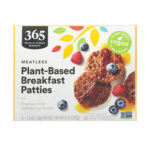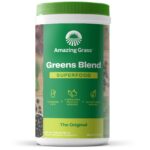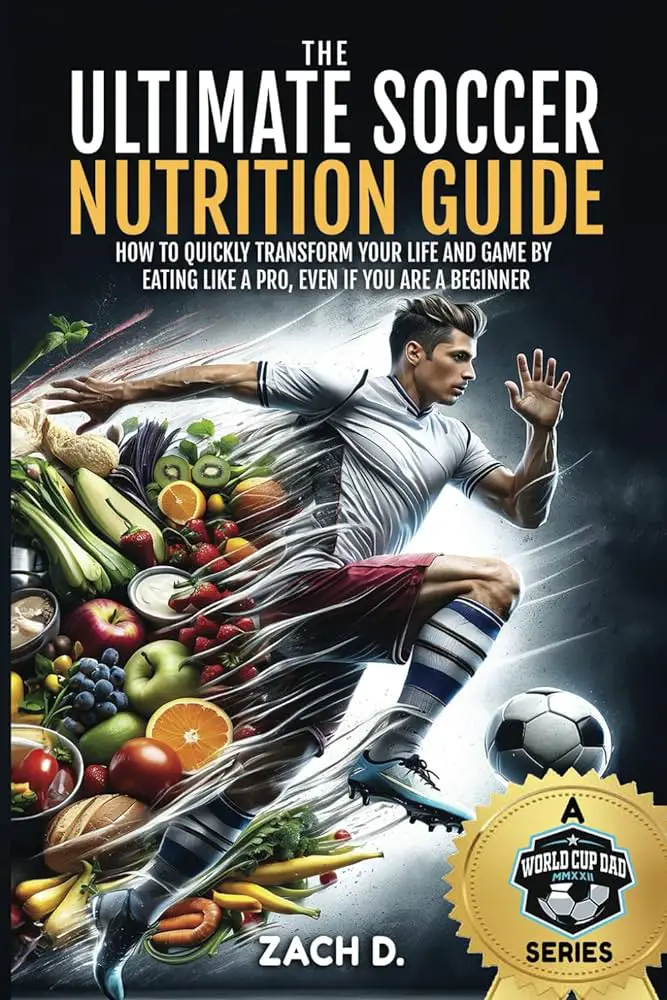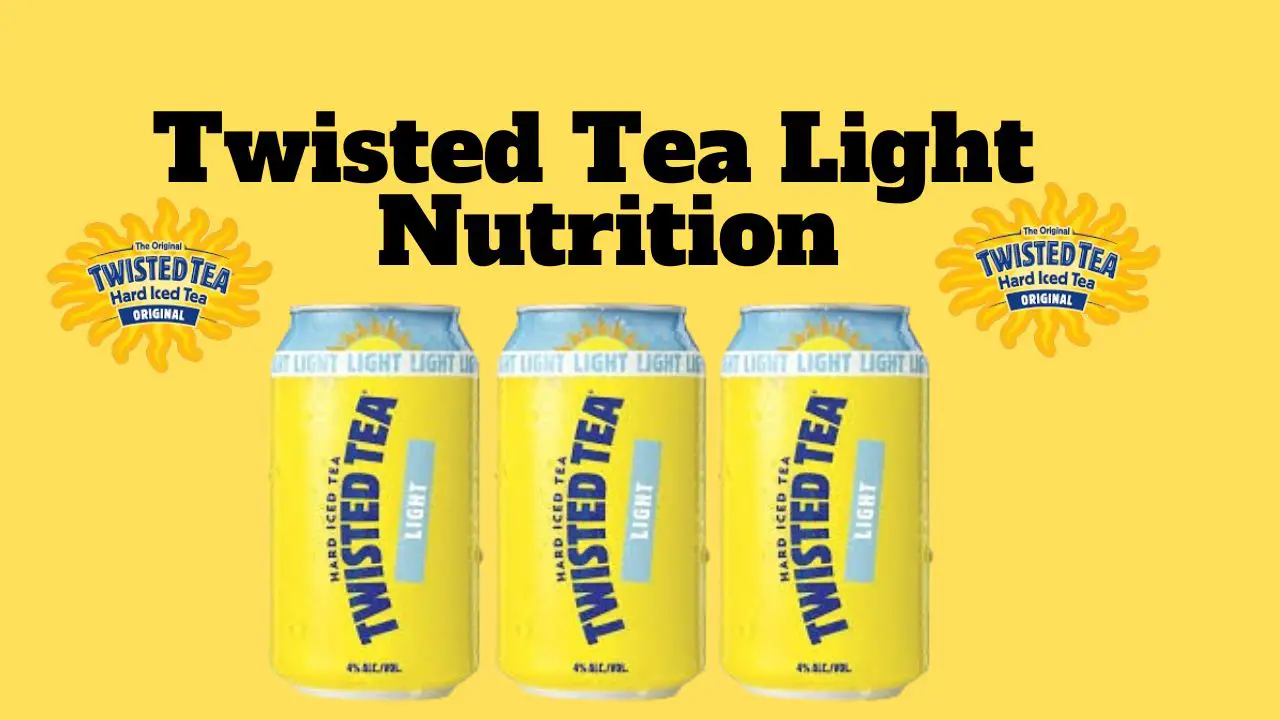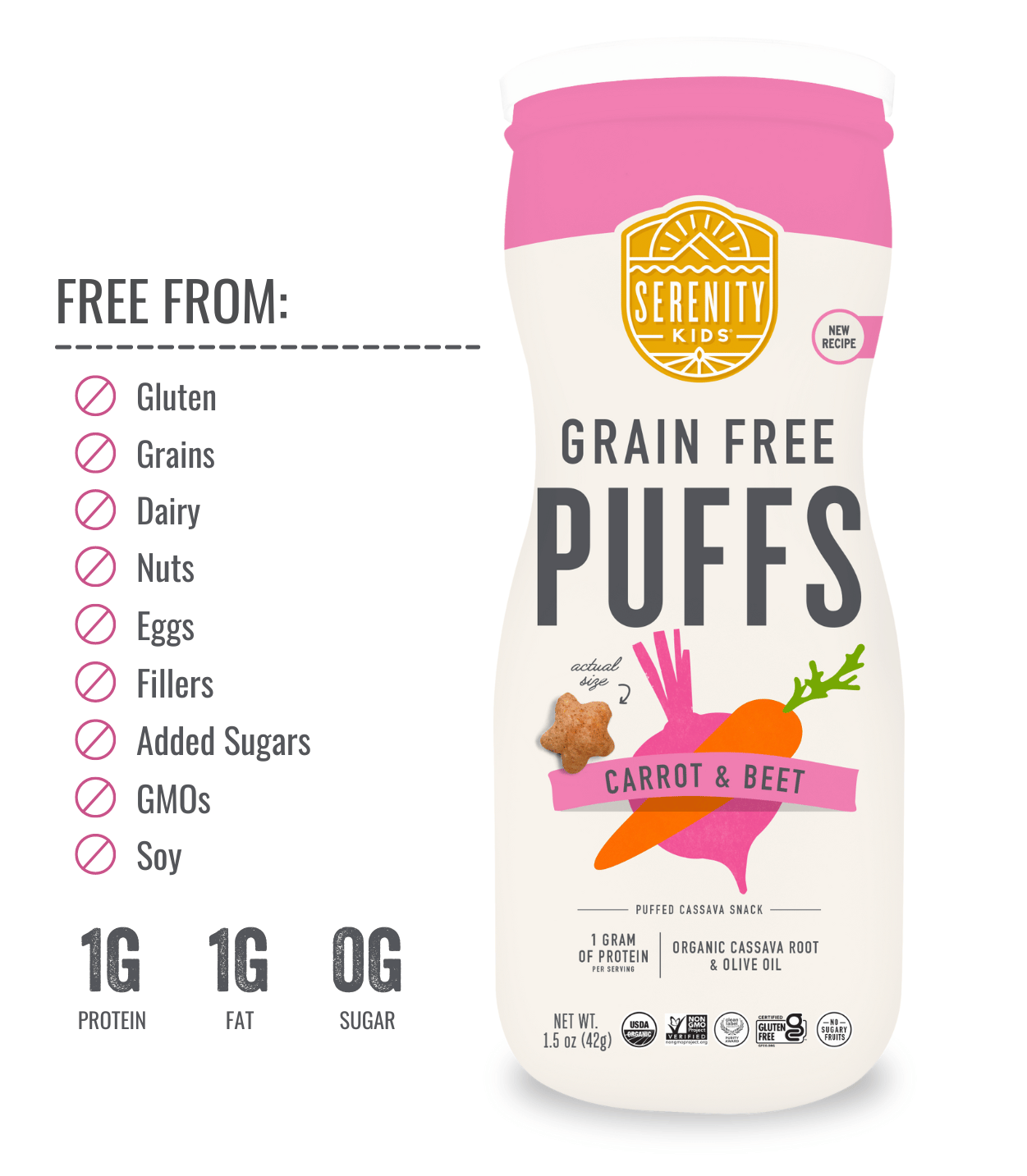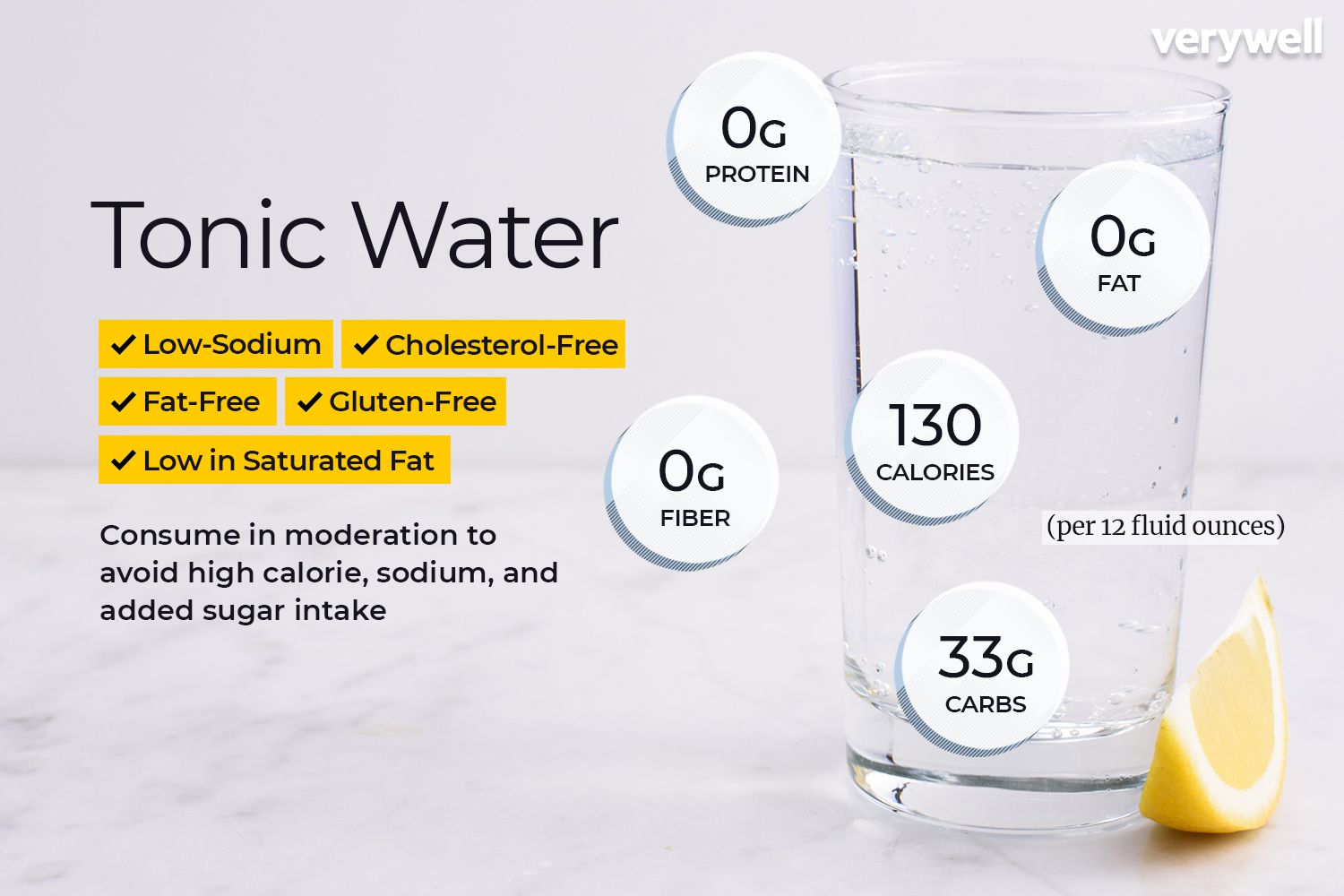Proper nutrition for soccer players includes a high protein intake from sources like meat, fish, eggs, dairy, along with carbohydrates, fruit, and vegetables to support strength, speed, and agility on the field. Soccer is a physically demanding sport that requires specific fueling strategies for optimal performance and recovery.
Tailoring nutrition plans around lean proteins for muscle repair, timed carbohydrates for fuel, and essential vitamins and minerals can help soccer players meet their energy needs and promote overall health. Additionally, focusing on nutrient-dense foods and hydration before, during, and after games can enhance performance and aid in recovery.
It is crucial for soccer players to fuel their bodies with quality nutrients to meet the demands of training and competition.

Credit: www.amazon.com
The Importance Of Nutrition For Soccer Players
Fueling Performance On The Field
Optimal nutrition is crucial for soccer players to enhance their performance during matches. Consuming the right balance of macronutrients, such as carbohydrates and proteins, provides the necessary energy for players to sprint, kick, and tackle effectively.
Supporting Recovery And Injury Prevention
Proper nutrition plays a vital role in aiding the recovery of soccer players post-match or training sessions. Adequate protein intake supports muscle repair, while essential vitamins and minerals help prevent injuries and maintain overall health.

Credit: thenourishedchild.com
Key Nutritional Requirements For Soccer Players
Proper nutrition is essential for soccer players to perform at their best on the field. Understanding the key nutritional requirements can help players optimize their performance and recovery. Here are the specific macronutrient and micronutrient needs that soccer players should focus on:
Macronutrient Needs
Incorporating the right balance of macronutrients is crucial for soccer players to fuel their bodies effectively. Here are the macronutrients that players should prioritize:
- Protein: Supports muscle repair and recovery, important for soccer players’ performance. Sources include meat, fish, eggs, and dairy products.
- Carbohydrates: Provide energy for training and matches, essential for endurance. Opt for complex carbs like whole grains, fruits, and vegetables.
- Fats: Healthy fats aid in hormone production and provide sustained energy. Include sources like avocados, nuts, and seeds.
Micronutrient Needs
While macronutrients are crucial, micronutrients play a key role in supporting overall health and performance. Soccer players should ensure they consume an adequate amount of essential micronutrients, including:
- Vitamins: Important for energy production, immune function, and overall well-being. Focus on a variety of fruits and vegetables to obtain a range of vitamins.
- Minerals: Support various bodily functions and can impact performance. Incorporate foods rich in minerals like iron, calcium, and magnesium.
- Hydration: Not technically a micronutrient, but essential for optimal performance. Adequate water intake is crucial for staying hydrated during training and matches.
Pre-game And Post-game Nutrition Strategies
When it comes to excelling in a sport as physically demanding as soccer, proper nutrition plays a pivotal role. Pre-game and post-game nutrition strategies are critical for soccer players to optimize their performance and promote recovery. Let’s delve into the specific nutritional recommendations for soccer players, focusing on these two key aspects.
Optimizing Performance Before The Game
Prior to a soccer game, players need to ensure they consume a well-balanced meal rich in macronutrients. The emphasis should be on consuming carbohydrates to fuel their muscles, lean proteins to support muscle repair and recovery, and healthy fats for sustained energy.
- Carbohydrates: Whole grains, fruits, and vegetables should form the foundation of the pre-game meal.
- Lean Proteins: Chicken, turkey, fish, beans, and legumes are excellent sources of lean protein.
- Healthy Fats: Avocado, nuts, seeds, and olive oil are ideal sources of healthy fats.
Promoting Recovery After The Game
After a soccer game, players need to focus on replenishing their energy stores and aiding muscle recovery. Consuming a post-game meal that contains the right balance of carbohydrates and protein is crucial.
- Carbohydrates: Including easily digestible carbs like bananas, rice, and potatoes in the post-game meal can help replenish glycogen stores.
- Protein: Lean sources of protein such as chicken, eggs, or a protein shake can support muscle recovery and repair.
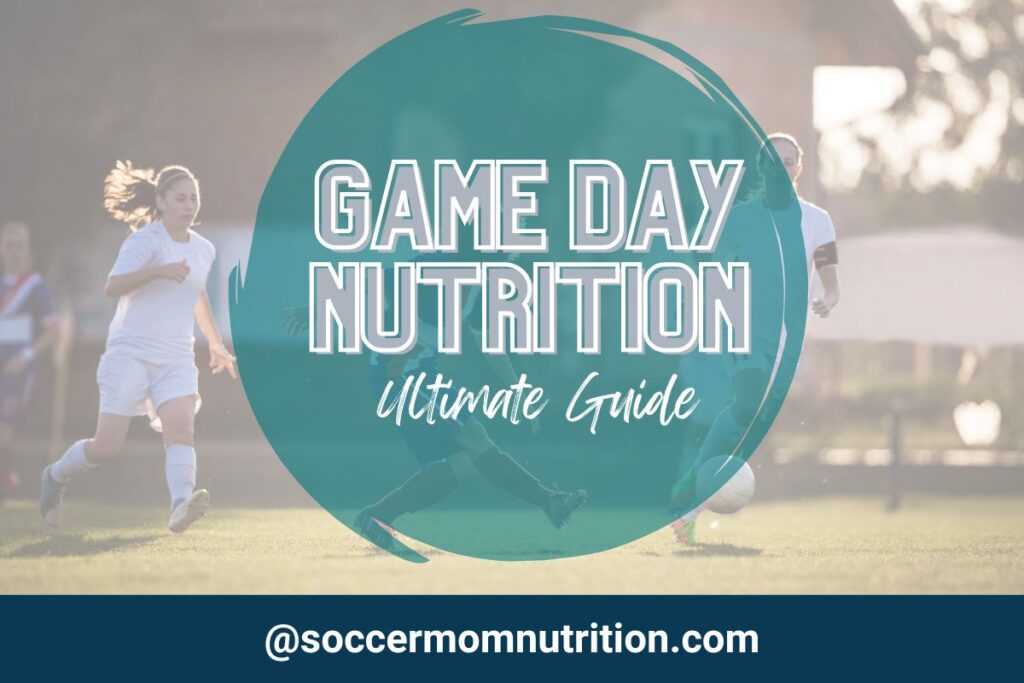
Credit: soccermomnutrition.com
Sample Meal And Snack Ideas For Soccer Players
Eating a balanced and nutritious diet is crucial for soccer players to fuel their bodies and maximize their performance on the field. Proper nutrition can help improve endurance, enhance muscle recovery, and prevent injuries. Here are some sample meal and snack ideas that provide the necessary nutrients for soccer players.
Balanced Meals For Energy
It is essential for soccer players to consume a combination of carbohydrates, proteins, and fats to maintain energy levels and support muscle growth and repair. Here are some meal ideas that meet these requirements:
| Meal | Food Options |
|---|---|
| Breakfast |
|
| Lunch |
|
| Dinner |
|
Healthy Snack Options
Snacks are important to keep energy levels stable and provide additional nutrients throughout the day. Here are some healthy snack ideas for soccer players:
- Greek yogurt with mixed berries and a sprinkle of granola
- Apple slices with peanut butter
- Carrot sticks with hummus
- Trail mix with nuts, seeds, and dried fruits
- Protein shake with banana and almond milk
Eating a well-balanced diet with a variety of nutrient-rich foods is key for soccer players to perform at their best. These sample meal and snack ideas provide the necessary nutrients to fuel their bodies and optimize their performance on the field.
Supplementation And Hydration Tips
Soccer is a physically demanding sport that requires strength, speed, and agility. To perform at their best, soccer players need to pay close attention to their supplementation and hydration. Proper supplementation can enhance performance, while staying hydrated is crucial for peak conditioning. In this section, we will explore some tips for enhancing performance with supplements and staying hydrated for optimal performance on the field.
Enhancing Performance With Supplements
Supplements play an important role in supporting the overall performance and health of soccer players. While a well-balanced diet should always be a priority, some supplements can give players an extra edge. Here are a few supplements that can help:
- Protein: A good amount of protein intake is important for soccer players to play a good game. You can obtain this nutrient from sources like meat, fish, eggs, and dairy.
- Omega-3 Fatty Acids: Omega-3 fatty acids have been shown to reduce inflammation, improve joint health, and support brain function. Sources include fatty fish, walnuts, and flaxseeds.
- Vitamin D: Vitamin D is essential for bone health and immune function. While sunlight is the best source of vitamin D, supplements can be taken to meet the recommended daily intake.
Remember, it is always important to consult with a healthcare professional or registered dietitian before starting any supplement regimen.
Staying Hydrated For Peak Conditioning
Proper hydration is vital for soccer players to maintain peak conditioning throughout the game. Dehydration can lead to decreased performance, muscle cramps, and fatigue. Here are some tips to stay hydrated:
- Drink water regularly: Make sure to drink water before, during, and after training sessions and games to replenish lost fluids.
- Electrolyte balance: When you sweat, you lose electrolytes like sodium and potassium. Replenish these electrolytes with sports drinks or electrolyte-enhanced water.
- Monitor urine color: Urine color can be a good indicator of hydration status. Aim for pale yellow urine, which indicates good hydration.
Remember, everyone’s hydration needs are different, depending on factors such as body weight, sweat rate, and exercise intensity. It’s essential to listen to your body and hydrate accordingly.
In conclusion, proper supplementation and hydration are crucial for soccer players to perform at their best. By incorporating these tips into their routine, players can enhance their performance on the field and maintain peak conditioning throughout the game.
Frequently Asked Questions On What Are The Nutritional Recommendations For Soccer Players?
What Are The Nutritional Requirements For A Soccer Player?
To perform at their best, soccer players require a diet rich in carbohydrates, proteins, fruits, vegetables, and fluids. These nutrients support energy levels, muscle repair, and overall performance on the field. Additionally, a well-balanced nutrition plan aids in endurance and recovery.
Which Diet Is Best For Soccer Players?
The best diet for soccer players includes lean proteins for muscle repair, timed carbohydrates for fuel, and plenty of fruits and vegetables for overall nutrition.
What Are The Nutritional Requirements For A Sports Player?
The nutritional requirements for a sports player include a balanced diet rich in protein, carbohydrates, fruits, vegetables, and fluids. This helps with muscle repair, energy production, and overall performance. Protein sources can include meat, fish, eggs, and dairy products.
How Many Calories Should A Soccer Player Eat Per Day?
A soccer player should consume approximately 2,500 to 3,000 calories per day to fuel their physical demands and support performance.
Conclusion
A well-rounded diet is essential for soccer players to meet the physical demands of the sport. Emphasizing lean proteins, carbohydrates, and a variety of fruits and vegetables can support muscle repair, energy, and overall performance on the field. Meeting nutritional recommendations can contribute significantly to a soccer player’s success and endurance.

